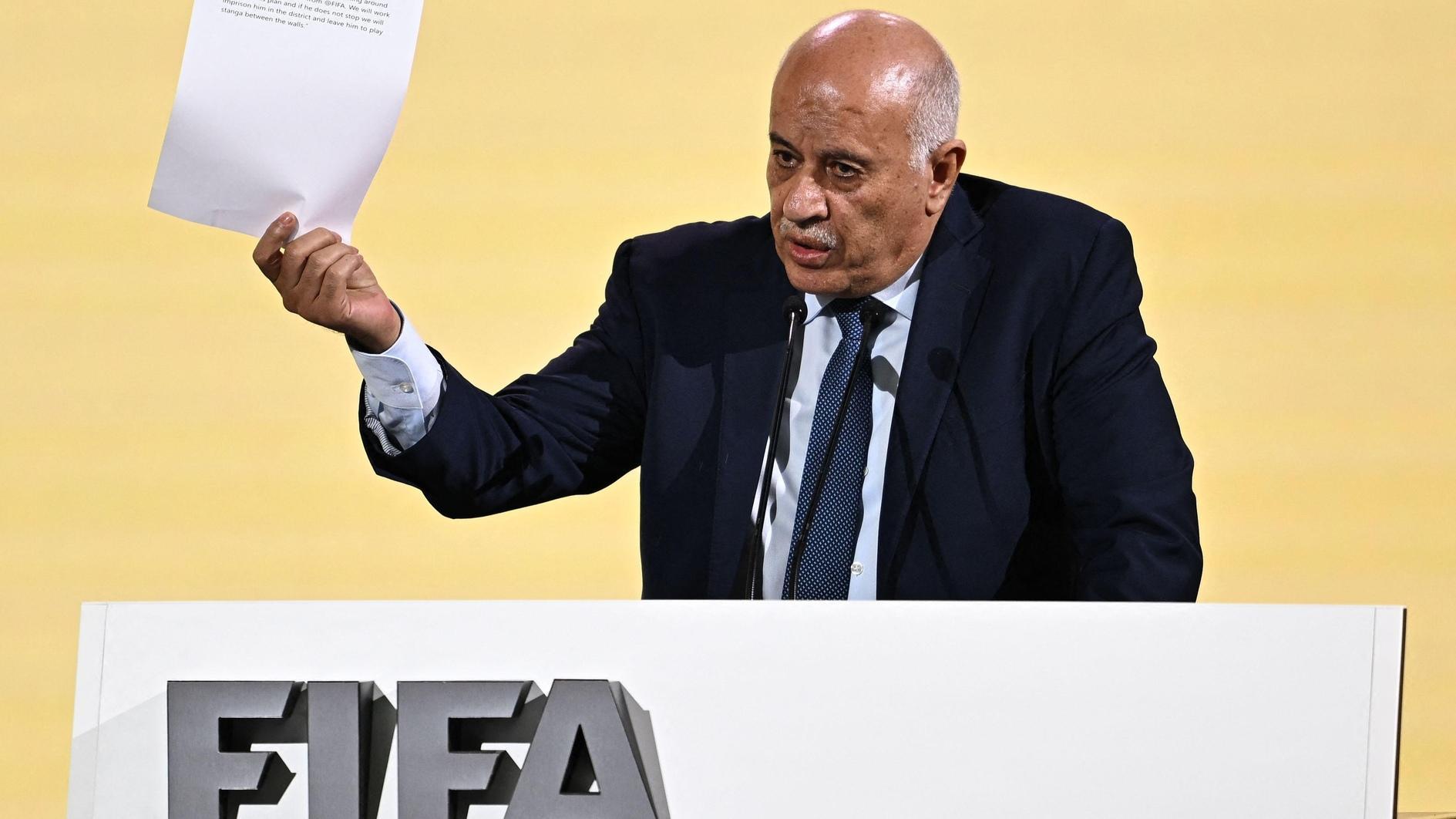Is quitting the euro feasible?
Till a short time ago those who said quitting the euro might be a feasible alternative to save the European economy (and even the European Union) were almost fiercely condemned. However recently this idea is slowly becoming a not-unimaginable alternative, and might be a reasonable solution for all of Europe, including comparatively healthy economies such as Germany.
Deciding on such a dramatic act is not easy. Some governments and institutions and a large part of the European people will see this decision as a denial of the past or even as a suicidal act. The reason is obvious. Years ago most European countries abandoned their national currencies to accept the euro as a common currency to get rich and prosperous. Now if some academics and opinion writers (not politicians yet) begin to talk about the advantages and disadvantages of quitting the euro, these discussions might create a big disappointment among the simple people who years ago trusted the common sense of their political leaders.
Countries which have serious deficits and debt problems might think that abandoning the euro and returning to their old national currencies or introducing a new one, with the help of a sharp devaluation, can bring a solution to those problems. Or some other countries like Germany, which do not have such big problems but are fed up with dealing with the problems of weak eurozone economies, might think that it is better now to quit the euro and restore their old national currency.
However it is not so easy. First of all the very serious social and political difficulties and the enormous financial cost of introducing the euro years ago must be remembered. Secondly, if a comparatively rich country, again like Germany, reintroduces its old currency it would be almost impossible to stop the overvaluation which would make exporters unhappy and deteriorate not only trade and current account balances but also balances in financial markets.
On the other hand, if a country which has a weak economy quits the euro and returns to its old currency or introduces a new one, it would be forced to implement some controls on capital movements, banks, financial markets etc. in order to stop the inevitable rapid capital outflow. This would close domestic financial markets to international ones and create additional difficulties to getting the foreign financial support which is still needed to solve the debt and deficit problems.
As some of the academics who advocate the idea of quitting the euro (who obviously have no political responsibility) insist on immediate action without any further delay, some others who are more cautious think that it is better to compare first the costs of quitting and those of staying in the eurozone. However it must be accepted that to make such a comparison is very difficult, almost impossible. For that reason it is better now to try to understand which problems obstructed the expected functions of a common currency. If the main problem is the discrepancies of national economic policies among various countries, the governments must accept the reality that without the help of a common economic policy package, a common currency is helpless.
Different ideologies and political traditions must not stop searching for such a common economic policy package. There are, of course, some political limitations for every government to designing a common economic policy package. However it is still not impossible to decide on a common formula. And the political cost of obeying this common formula is much less than quitting the euro.
In short, although the euro is creating a lot of problems and has begun to lose ground in the eurozone, it is not the main reason for recent economic problems. Moreover it is not so easy to quit the euro without calculating the cost of this act. This cost might be bigger than the cost of living in the eurozone.










